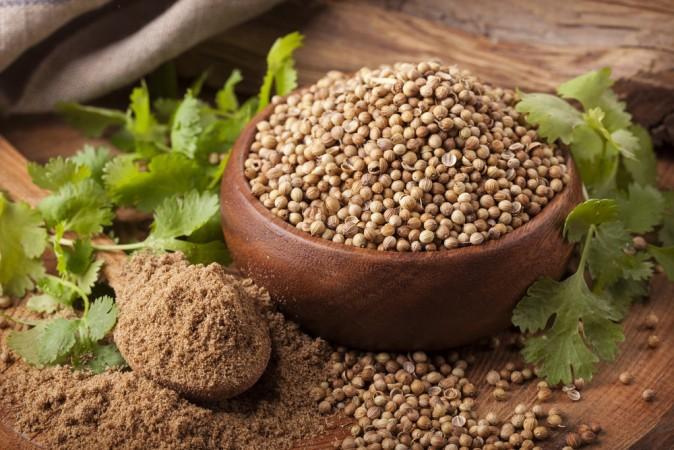Type 2 diabetes develops when your body’s ability to process glucose for fuel becomes impaired, resulting in too much sugar circulating in your bloodstream. Type 2 diabetics may require daily insulin injections to compensate for a lack of adequate insulin production in the pancreas, a dangerous condition if left untreated.
Formerly called adult-onset diabetes, this chronic condition has become so ubiquitous in the U.S. that it’s now common in younger people. Type 2 diabetes symptoms may go undetected for years and can include:
- Increased hunger and/or thirst
- Frequent urination
- Blurred vision
- Slow-healing sores and/or frequent infections
- Numbness or tingling of the hands and feet





